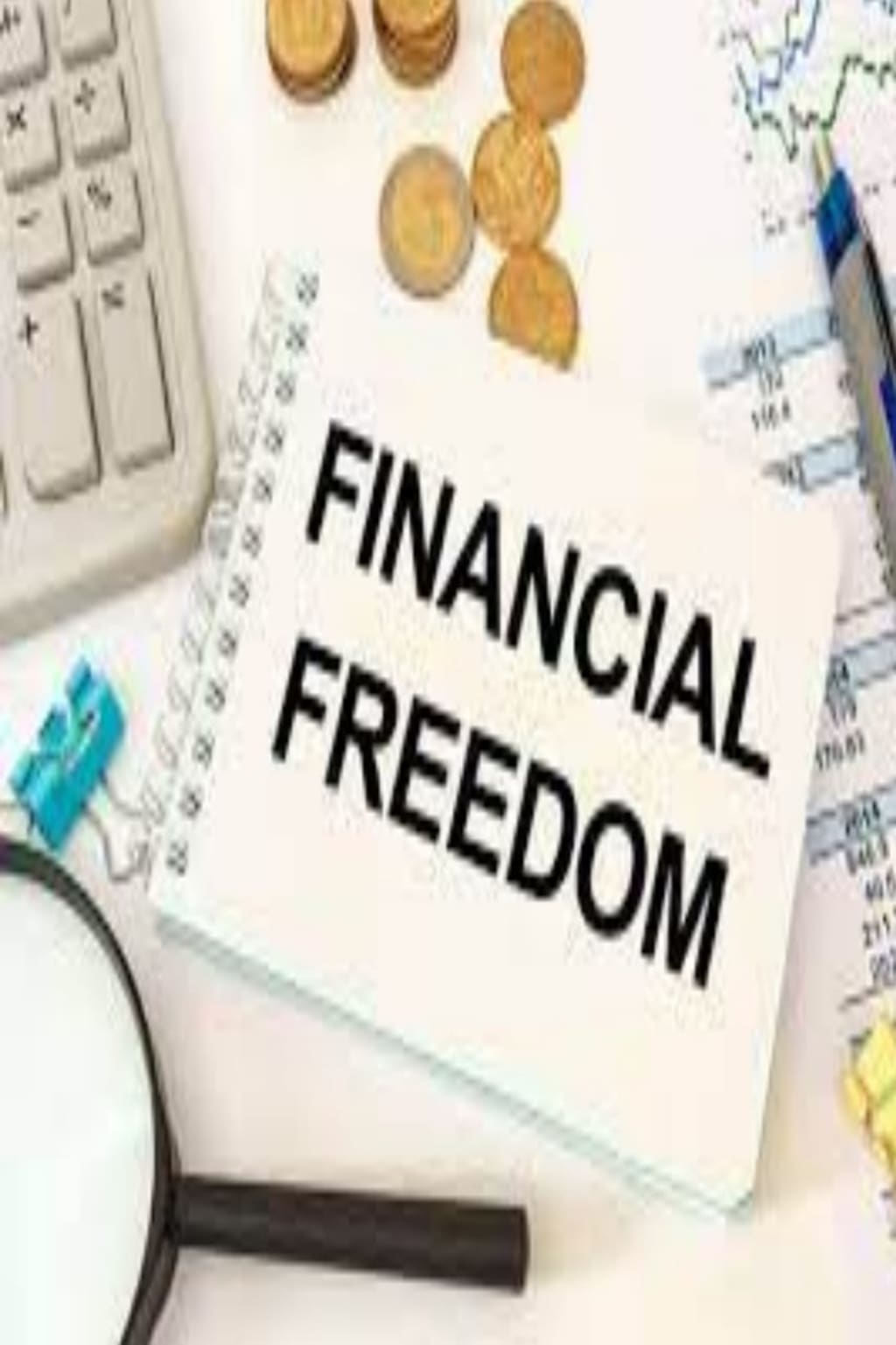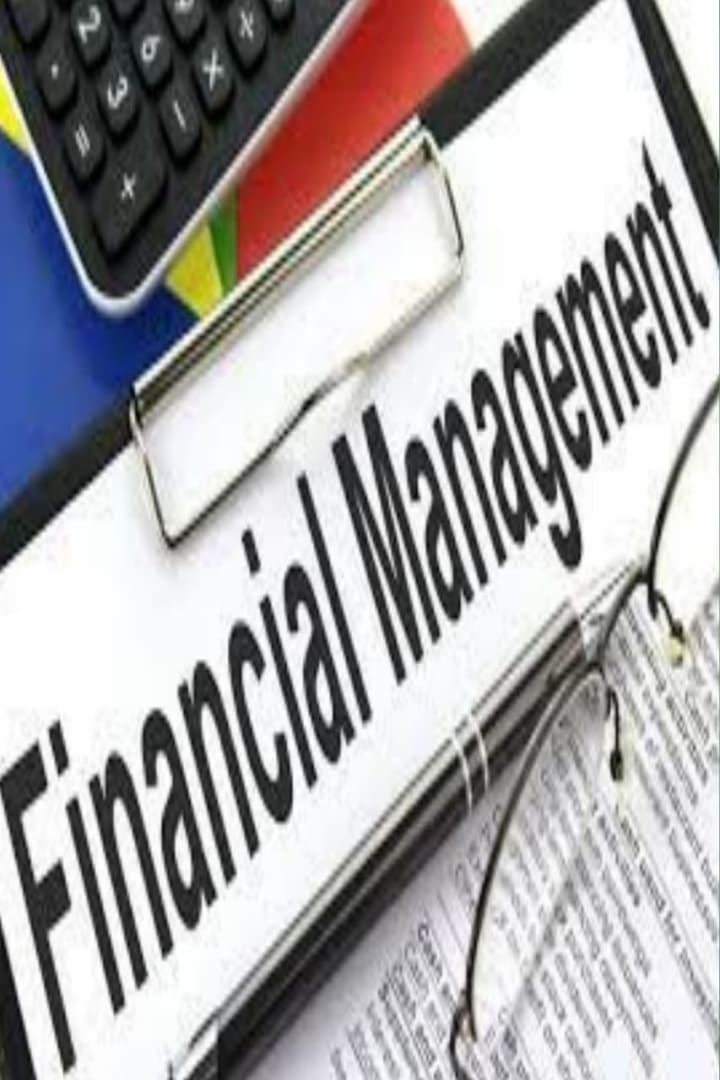The Power of Financial Literacy: A Path to Financial Freedom
The Power of Financial Literacy: Empowering Individuals for Financial Freedom

Welcome to today's discussion on the topic of money and the importance of financial literacy. In this script, we will explore the significance of financial knowledge and how it can empower individuals to achieve financial freedom. So, let's delve into this intriguing subject.

Money is an essential aspect of our lives. It allows us to meet our basic needs, pursue dreams, and secure our future. However, without proper understanding and management, money can become a source of stress and uncertainty. This is where financial literacy plays a crucial role.
Financial literacy refers to the ability to understand and make informed decisions about money. It encompasses various aspects, such as budgeting, saving, investing, and debt management. By acquiring financial literacy skills, individuals can gain control over their finances and make informed choices.
Unfortunately, financial literacy is not adequately taught in schools or discussed openly in many societies. As a result, numerous individuals lack the necessary knowledge to navigate the complex world of personal finance. This knowledge gap often leads to poor financial decisions and long-term consequences.
However, the good news is that financial literacy is a skill that can be learned and developed at any age. By taking the initiative to educate ourselves, we can break free from the cycle of financial ignorance and begin our journey towards financial freedom.
One of the fundamental aspects of financial literacy is budgeting. Creating a budget allows individuals to track their income, expenses, and savings. It helps in setting financial goals and making conscious spending choices, ensuring that one's money is allocated wisely.
Another critical aspect of financial literacy is saving. Saving money regularly enables individuals to build an emergency fund, plan for future expenses, and achieve long-term financial goals. By cultivating a habit of saving, individuals can establish a strong financial foundation.
Investing is another key component of financial literacy. It involves putting money into assets that have the potential to grow over time. Understanding different investment options, such as stocks, bonds, and real estate, allows individuals to make informed decisions and maximize their returns.
Debt management is an area where financial literacy can make a significant difference. By understanding interest rates, repayment strategies, and avoiding unnecessary debt, individuals can prevent themselves from falling into a cycle of debt and improve their financial well-being.
Beyond personal finance, financial literacy also extends to entrepreneurship and business management. Understanding concepts like cash flow, profit margins, and financial statements empowers individuals to start and run successful ventures.
In conclusion, financial literacy is an essential skill that everyone should strive to acquire. It provides the knowledge and tools necessary to make informed decisions about money, ensuring a secure financial future. By investing time and effort into learning about personal finance, individuals can break free from financial constraints and embark on the path to financial freedom.
Financial literacy not only impacts individuals but also has broader societal implications. When people possess financial knowledge, they are more likely to make responsible financial decisions, contributing to economic stability and growth. Additionally, financial literacy can help bridge the wealth gap by empowering marginalized communities to improve their financial situations. By promoting financial education and accessibility, we can work towards creating a more equitable society where everyone has the opportunity to thrive financially.
It is crucial to instill financial literacy at an early age. By introducing basic financial concepts in schools, we can equip young minds with the necessary skills to navigate the complex financial landscape. This early exposure fosters a sense of responsibility and empowers individuals to make informed choices as they grow older. Parents and caregivers also play a vital role in teaching children about money management, fostering healthy financial habits from a young age.
The digital era has brought both opportunities and challenges in the realm of personal finance. Online banking, mobile payment apps, and cryptocurrency have revolutionized the way we handle money. However, it is essential to understand the risks associated with digital transactions and maintain a cautious approach towards online security. By educating ourselves about these technological advancements and staying updated, we can navigate the digital financial landscape with confidence.
Financial literacy is not just about accumulating wealth; it also promotes financial well-being and resilience. It enables individuals to weather unexpected financial hardships, plan for retirement, and make informed decisions during major life events like purchasing a home or starting a family. By equipping ourselves with financial knowledge, we can face the future with confidence and reduce financial stress.
Thank you for joining us in this discussion on the significance of financial literacy. Remember, the journey to financial freedom begins with education and the willingness to take control of your finances. Start today, and embrace the power of financial literacy for a brighter future.






Comments
There are no comments for this story
Be the first to respond and start the conversation.